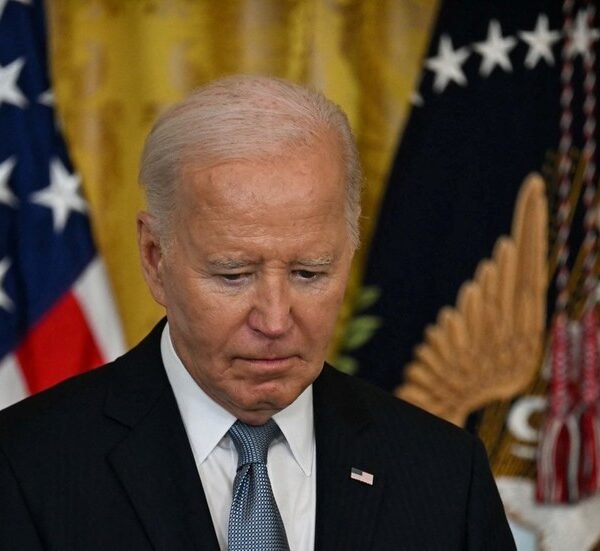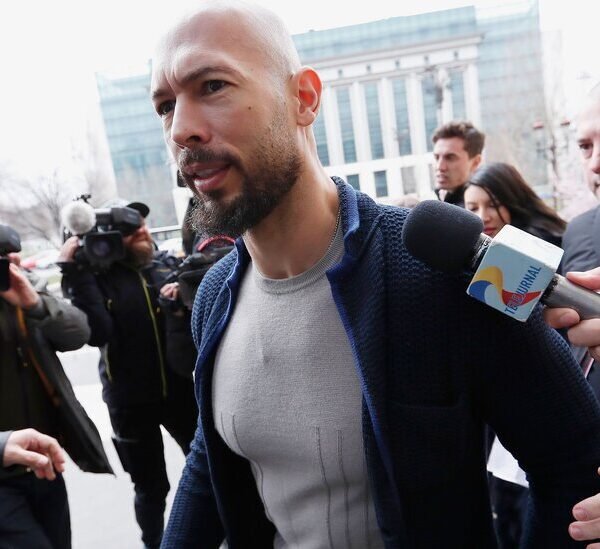Times Insider explains who we are and what we do and delivers behind-the-scenes insights into how our journalism comes together.
Every month since Sudan’s catastrophic civil war erupted in April 2023, the news has gotten worse — ever more people displaced, starved or killed. As the chief Africa correspondent for The New York Times, based in Kenya, I have covered the conflict closely. But reporting on it from inside the country seemed impossible.
Visas to enter Sudan were hard to obtain. Few journalists have gained entry since the war began. But one day this spring, after a chance meeting with an old contact, I found a way in.
In April, I flew into Port Sudan, the country’s de facto wartime capital, with the photographer Ivor Prickett and Jon, a Times safety adviser. At the airport’s immigration desk, I watched anxiously as our passports (coincidentally, all of them Irish) were passed between three officials. Aid workers had warned us that we could be refused entry, even with visas.
“Ka-chunk.” The last official stamped our passports. We were in.
The war between the national army and its paramilitary rival had ravaged Sudan, splintering Africa’s third-largest country by area into a volatile mosaic of shifting battle fronts. Still, its bureaucracy endured. We spent our first days in meetings, filling out forms and cajoling officials to issue us “the letter” — the coveted permission we needed to report freely.
The wait was especially frustrating for Ivor. One evening, down by the port, families celebrated the end of Eid al-Fitr under beautiful evening light. But Ivor had to leave his camera in the car and just watch the scene unfold.
Once a sleepy port, Port Sudan has been inundated with people fleeing the fighting. Rents have soared to levels worthy of London or New York, and prices can be extravagant. At the Coral Port Sudan Hotel, a rundown hotel that was once the city’s finest, we ordered three sandwiches, sodas and coffees for lunch. The bill came to $90, which I paid for with a brick of Sudanese pounds, the country’s crashing currency, that I carried around in a shopping bag.
A week after we arrived, armed with the right papers to travel to and report from Khartoum, the Sudanese capital, we set off 500 miles to the west, where the war had begun a year earlier. The road was rutted, and the drive was interrupted by sandstorms that swept in without warning, sometimes forcing us to a complete stop. After spending a night in the city of Atbara, we turned south and followed the Nile toward Khartoum. We passed 25 checkpoints, and at one point were pulled into an intelligence office for scrutiny.
At dusk, we entered Omdurman, one of three cities that make up the greater Khartoum capital, where a thin veneer of normality overlaid the violence of war. In the northern part of the city, relatively untouched by fighting, children played soccer by the roadside and shoppers picked up items from grocery stores. Yet artillery boomed and plumes of inky smoke rose from a battle on the far side of the river.
Over the following five days, we wouldn’t meet a single foreigner. And there were no hotels, so as darkness fell on our first night, we drove the streets, looking for a room to rent. One lead fell through, then another. Our translator, Abdalrahman Altayeb, eventually found us a house near his own that had been abandoned a year earlier. Everything inside was coated with dust and fine sand.
But within minutes, a group of neighbors turned up and, in the spirit of hospitality Sudan is famous for, helped clean out a room where we would sleep.
The following morning we waited five hours for a military minder to turn up, so we could begin working. The scale of destruction was shocking. Ivor said it reminded him of the devastation of Mosul and Raqqa, Iraqi cities where he had photographed the war against the Islamic State in 2017 and 2018 for The Times. For me, it was a tragic turn for a once proud city that I first visited nearly 25 years ago.
Wearing a protective vest, I climbed to a vantage point in a bombed-out hospital building, and looked across the Nile to the eerie remains of downtown Khartoum. Across the front line, I made out the charred remains of tall office blocks where I once interviewed officials, and the deserted hulk of a hotel where I once stayed.
I could see the corner of a suspension bridge that led to Tuti Island, in the center of the Nile. Fifteen months earlier, I watched giggling couples take selfies under the bridge. Now it was controlled by fighters from the Rapid Support Forces, the paramilitary force battling Sudan’s national army for control of the city, and the country.
Residents of the capital lacked for everything: medicine, clean water, affordable food, safety. They also needed attention. Although the internet was spotty, people knew Sudan’s war received little coverage, and felt their plight was ignored. Some were keen to talk, no matter their circumstances.
At Al Nau hospital, a disastrously overcrowded facility near the front line, we met a 14-year-old boy, Hassan Adam. Shot in the stomach days earlier, he had just started to eat again. He appeared severely malnourished, especially when he sat up in bed as his mother prepared a bowl of food.
As Ivor quietly took Hassan’s photo, which was later published on the front page of The Times, along with my article, Hassan motioned him to share in the meal. As Ivor put it, the gesture seemed to personify the resilience and dignity of so many people we met.
One of my hardest moments came in a malnutrition ward, where I sat with a young mother as she cradled her seven-month old twins. Both were acutely malnourished, the latest victims of a looming famine in Sudan that aid workers warn might be the region’s worst in decades.
But I am a father of young twins, as well as a reporter. And for a heart-wrenching instant, looking at those children, I imagined my own in their place.


















